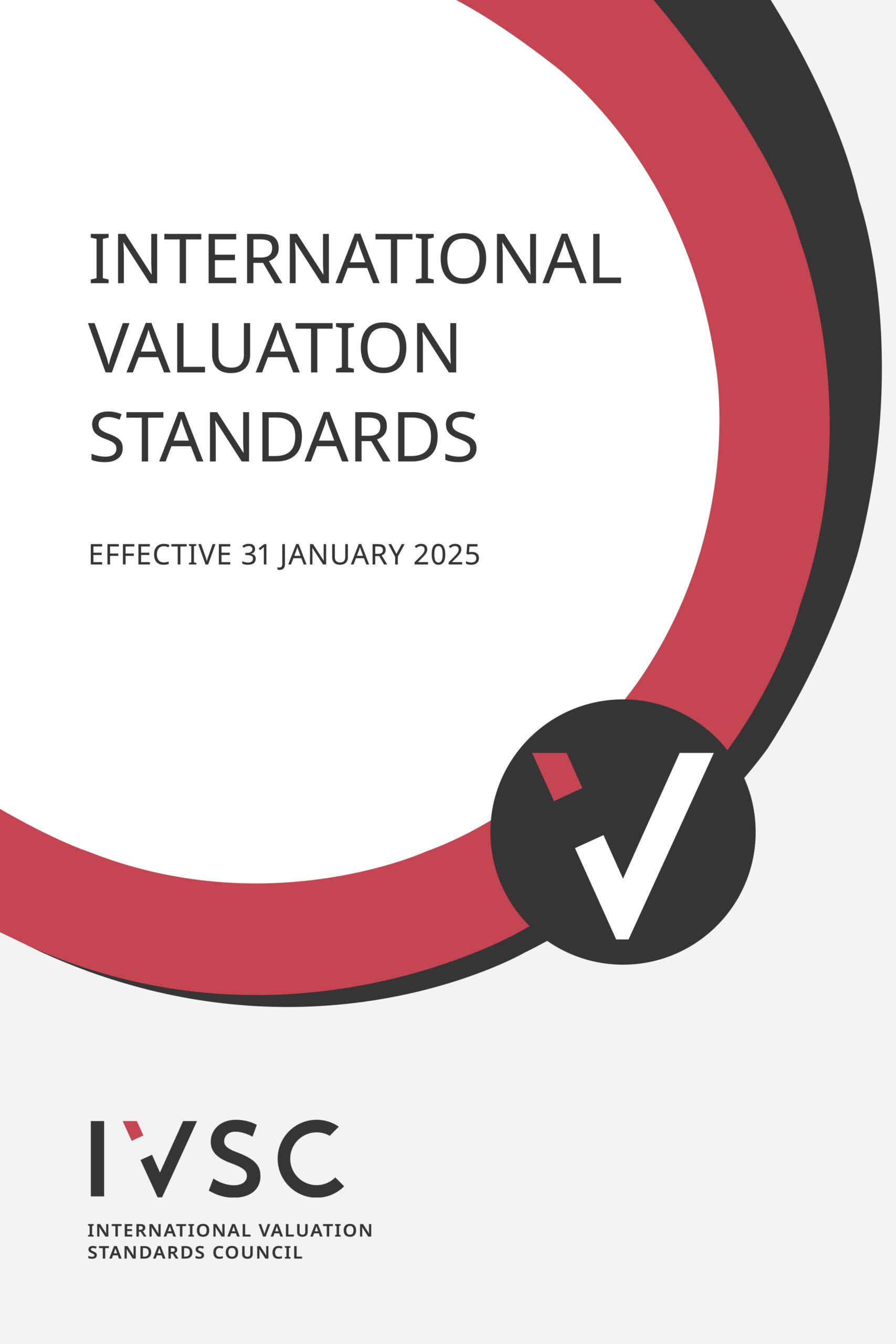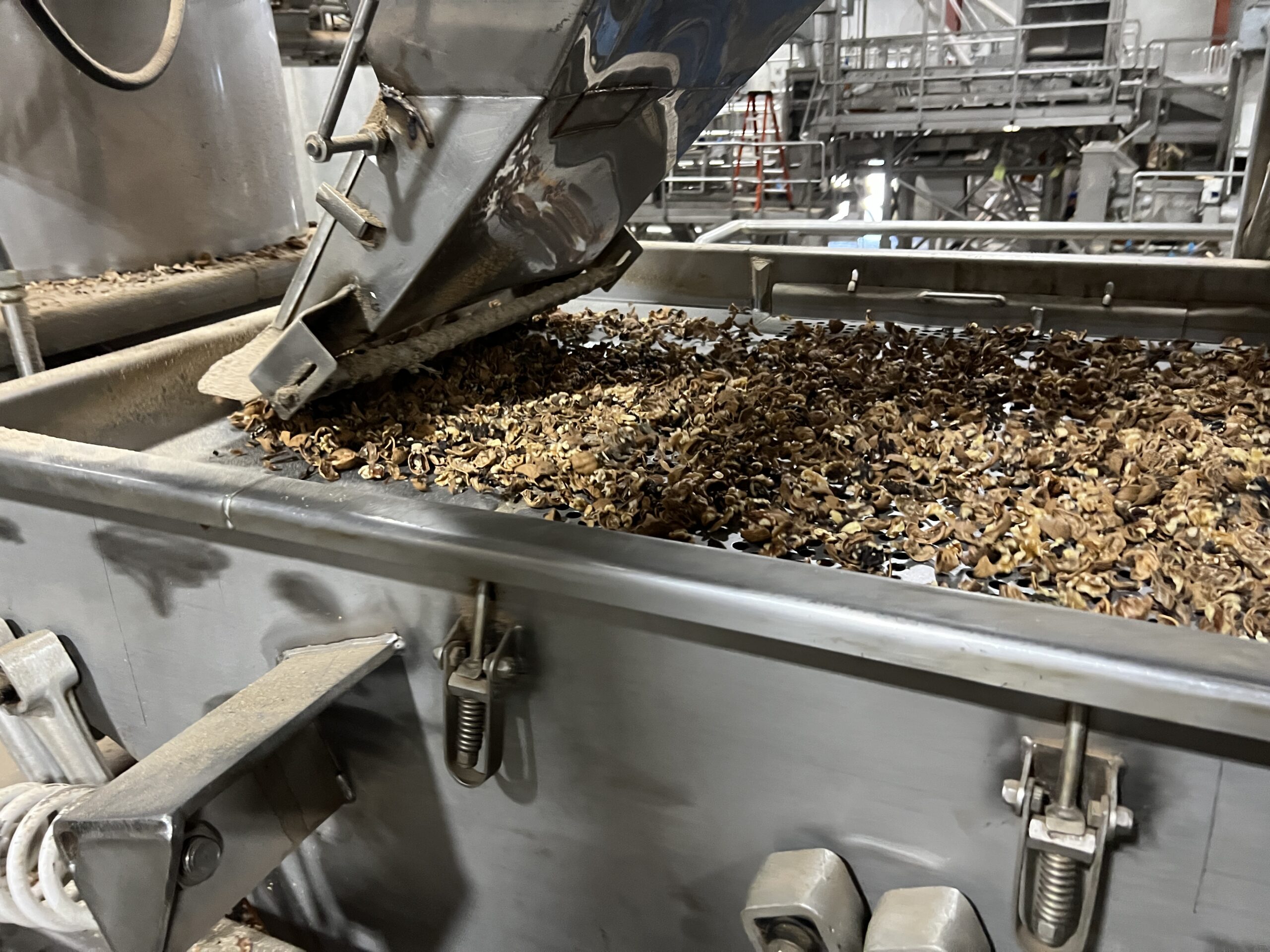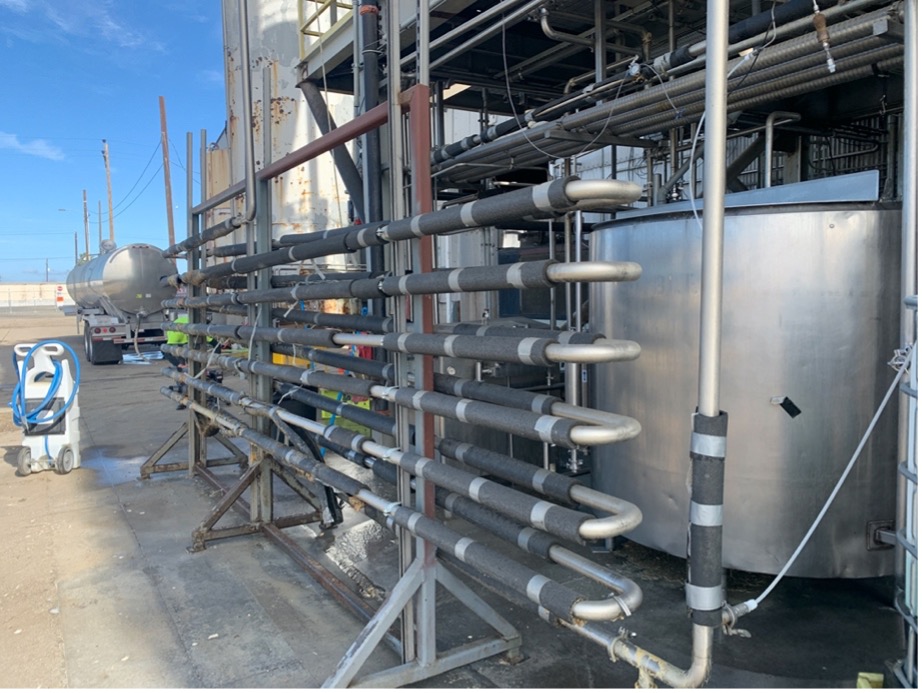 What do equipment appraisers have to do with estate planning? That’s a good question and one I had to answer at length recently when applying for membership in an estate planning organization. The fact is, some of our largest equipment appraisal assignments are typically estate and or gift appraisals and about 30%-40% of our entire equipment appraisal practice is involved with estate planning in one form or another.
What do equipment appraisers have to do with estate planning? That’s a good question and one I had to answer at length recently when applying for membership in an estate planning organization. The fact is, some of our largest equipment appraisal assignments are typically estate and or gift appraisals and about 30%-40% of our entire equipment appraisal practice is involved with estate planning in one form or another.
In part, we can thank the IRS for that. Whenever a taxable estate* includes equipment, an equipment appraisal will be needed. The IRS recently clarified the phrase “qualified appraisal” as meaning a USPAP-compliant appraisal; this, in combination with the recent IRS crack-down on abusive estate appraisals, has emphasized the need for estates to use accredited appraisers. The days of values dependent on a “one-sheet wonder” from an equipment dealer or auctioneer are over.
Two important estate planning issues a machinery and equipment appraiser addresses are absorption and installation costs.
Absorption
Many estates have a large number of similar types of equipment. When is it appropriate to use absorption (AKA blockage) for appraisals that will be used for estate planning?
Example: I recently performed an appraisal for a law firm acting on behalf of a large family farming operation for gift tax purposes. The equipment to be valued included nearly 100 tractors. We had to consider what the effect on value of an individual tractor on the market would be if it were released for sale along with 100 very similar tractors. In exploring the concept of absorption, I’ve talked at length with Kyle Martin, IRS Supervisory Attorney of Estate Taxation in Oakland, and he has cited this particular example of when blockage should be considered in estate planning valuations.
It’s important to use absorption in an appropriate and properly documented manner. Our appraisal reports explain that an absorption discount is assigned to the sale of a group of items of like utility, reflecting any difference between the value of an item sold individually and its sale price when sold in a large volume (or a block sale), as dictated by IRS Revenue Ruling 93-12 which refers to absorption as “blockage discount.” In many cases, even diligent market research fails to reveals appropriate large fleet sales to compare to the equipment being appraised. Interviews with reputable dealers, however, may confirm that discounts applied to large purchases of equipment similar to that being appraised, and these discounts can support a reasonable assumption that the same or similar discounts would apply if the entire fleet was sold at the same time. I was able to save the taxpayer a significant amount of gift tax by using blockage in an appropriate and properly documented manner.
Installation Costs
When estates include a large amount of installed machinery, it’s important to determine when it’s appropriate to include shipping, installation and permitting costs in the related appraisal, keeping in mind that these associated costs often provide more than half of the value for installed machinery.
Example: I recently worked with a Business Valuation appraiser on an estate including a recently upgraded factory. In this scenario, the appraisal is generally for Fair Market Value in Continued Use, which assumes that the earnings support the values. In this case, however, the upgrade included a significant design flaw — resulting in an annual net operating loss — so that the earnings of the factory did not support the values. Instead of using the typical definition of value, we provided research and the proper documentation to justify and support the appropriate definition of value.
Other Estate Valuation Issues
These two examples illustrate just a small sample of the specific estate valuation issues I routinely encounter. Two prevalent concerns these days include the economic obsolescence factors of CARB diesel emissions regulations and the economically influenced dilemma of under-utilized processing facilities. And of course, there are many other issues involved in equipment appraisals for estates that are not directly linked to current conditions.
Surprising enough, then, it turns out that an equipment and machinery appraiser — while perhaps not as regularly involved in estate planning as some attorneys and financial planners — can be actively involved in estate planning. And we can often contribute a unique perspective to the estate planning community.
Jack Young
Member: Sacramento Estate Planning Council
NorCal Valuation
*The exact dollar amount that defines a taxable estate can vary from year to year. Be sure to contact your tax expert for up-to-date regulations.




